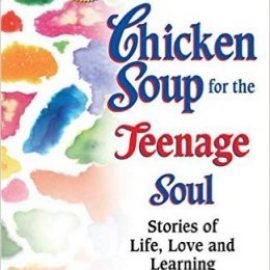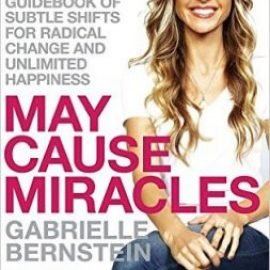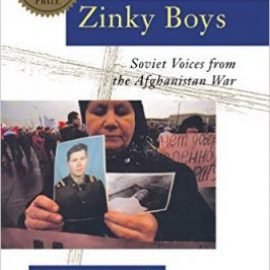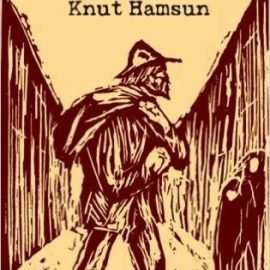Description
Life is Elsewhere
This book has been translated by dar edition centre culturel arabe
Life Is Elsewhere is a Czech-language novel by Milan Kundera published in 1969.
It was published in French translation in 1973 (La vie est ailleurs).
The setting for Life Is Elsewhere is Czechoslovakia before, during, and after the Second World War, and tells the story of Jaromil, a character who dedicates his life to poetry.
Milan Kundera’s Life Is Elsewhere follows the life of Jaromil, a mediocre poet growing up between World War II and the Prague Spring.
The result of a loveless marriage and an unwanted burden for his father, Jaromil grows up spoiled by his mother, who, having found no love in marriage, devotes her life to Jaromil and sacrifices everything for him.
This novel portrays one of the most intimate relationships between mother and son I’ve ever read.
I’ve always enjoyed Kundera’s women; he doesn’t idealise or flatter them; he always writes them with complicated and profound emotional lives.
Remaining unnamed throughout most of the novel (only Jaromil is granted a name), she dominates his life and is always in his mind.
Jaromil’s attempt at becoming a poet is also an attempt at freeing himself from his mother.
Slowly Jaromil finds this freedom in the rhetoric of the communist revolution.
Eagerly joining the Party, he becomes one of its top youngest poets, not because of talent but because he sings the revolution.
Having his poems praised since a child when he showed them to his mother (of course), his poems never develop and he grows up without any idea of how bad he is.
Since he serves the party, he gets all the adulation he craves.
Since he can’t stand criticism, it’s not surprising the big love of his life is an uneducated salesgirl who thinks he’s a great poet.
And in this way he almost manages to ignore pretty much the world around him.
Written in Kundera’s usually distanced and sarcastic voice, this is a novel that has no qualms about mistreating its characters.
I’ve never seen Kundera chose sentimentality over irony or give up a chance to show humans at their most absurd.
But through this method he always manages to reach at great revelations about the human spirit.
The author initially intended to call this novel, The Lyrical Age.
The lyrical age, according to Kundera, is youth, and this novel, above all, is an epic of adolescence; an ironic epic that tenderly erodes sacrosanct values: childhood, motherhood, revolution, and even poetry.
Jaromil is in fact a poet. His mother made hima poet and accompanies him (figuratively) to his love bed and (literally) to his deathbed.
A ridiculous and touching character, horrifying and totally innocent (“innocence with its bloody smile”!), Jaromil is at the same time a true poet.
He’s no creep, he’s Rimbaud. Rimbaud entrapped by the communist revolution, entrapped in a somber farce.
Life is Elsewhere
For more books, click here

 العربية
العربية  English
English 




